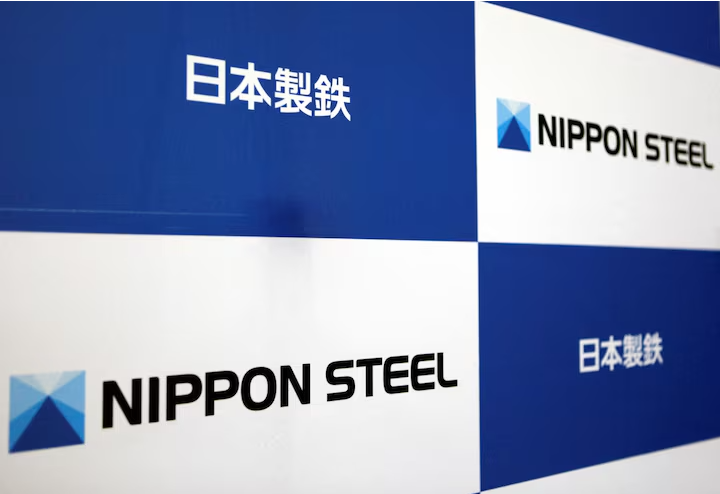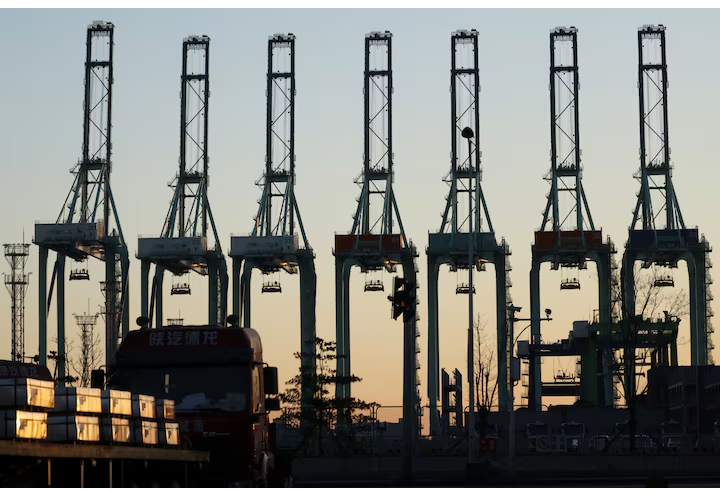The planned initial public offering (IPO) of Shein, the Chinese fast-fashion giant, has ignited a storm of debate in the UK. With an estimated valuation of £50 billion, this could become one of the most significant listings in London's history. However, concerns over Shein’s alleged labor abuses and supply chain transparency have created hurdles, particularly as non-governmental organizations (NGOs) push for greater scrutiny from the UK Financial Conduct Authority (FCA).
The FCA, tasked with overseeing IPO processes, has emphasized its focus on ensuring risk disclosure rather than intervening in companies' corporate behavior. Critics, however, argue that Shein's history, including allegations of forced labor, warrants stricter examination. This tension has slowed regulatory progress and sparked broader conversations about ethical governance in the global market.
Labor rights activists and some UK lawmakers are urging the government to amend modern slavery legislation to better address the risks posed by global supply chains. They argue that permitting Shein's listing without comprehensive oversight would send the wrong signal about the UK's commitment to ethical business practices.
Shein's strategic shift to pursue a London IPO, after initially targeting New York, reflects ongoing tensions between the U.S. and China. This pivot also aligns with the UK's push to attract high-profile listings amid efforts to reinvigorate London's financial markets. The involvement of financial giants like Goldman Sachs and Morgan Stanley underscores the stakes of this high-profile endeavor.
The IPO has also divided public opinion. While some see it as a boon for London’s financial clout, others caution against prioritizing economic gains over ethical standards. This dilemma highlights the growing importance of environmental, social, and governance (ESG) factors in shaping corporate and regulatory decisions.
Prime Minister Keir Starmer and Chancellor Rachel Reeves have remained cautious, signaling the need for a balance between market competitiveness and ethical responsibility. The decision to leave the matter with the FCA has drawn criticism from those advocating for greater government intervention to uphold labor rights.
The outcome of Shein’s IPO review will likely set a precedent for how future listings of globally contentious companies are handled in the UK. As regulators navigate these complex issues, the case serves as a litmus test for reconciling business ambitions with ethical imperatives in the modern marketplace.





